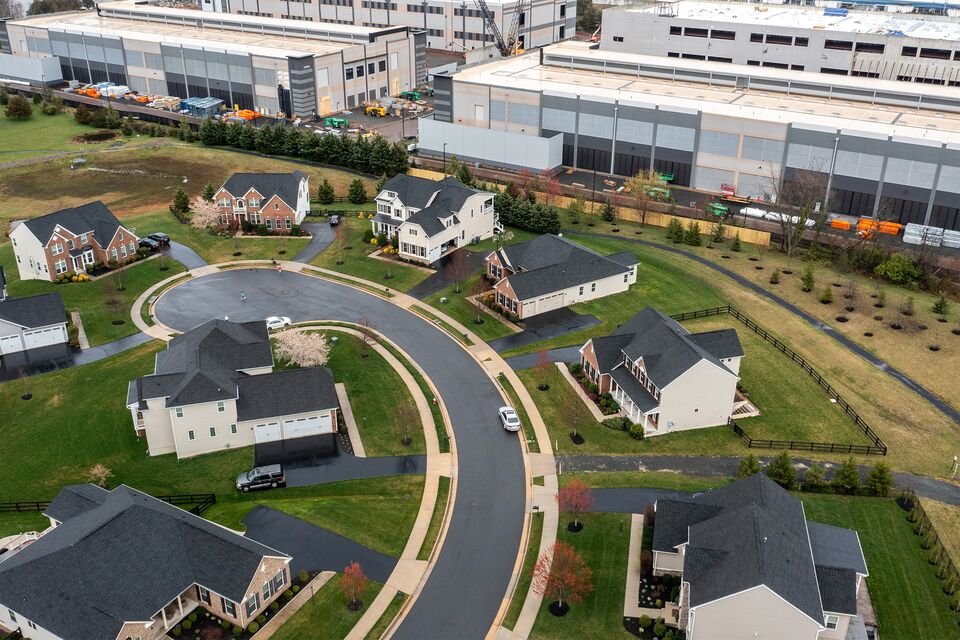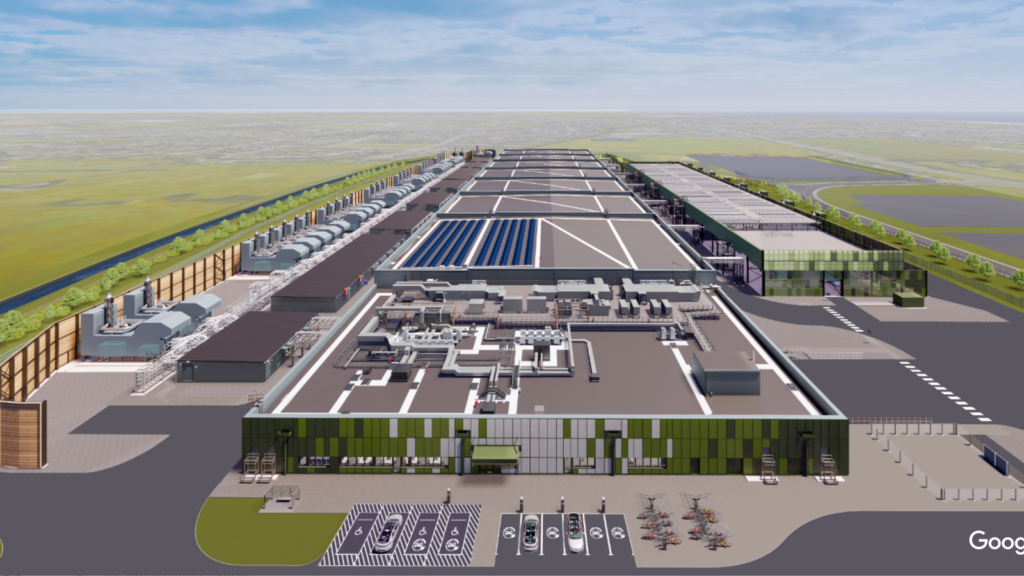Microsoft
Microsoft has recently started planning to invest $100 billion in their Stargate project.

Unfortunately, not that Stargate. This is for an AI supercomputer which it will build as part of their OpenAI partnership. Which it hopes to launch by 2028.
Compare this to the cost of an Amazon data center, around $2.5 billion, and you will get a sense of the magnitude of this project.
Its power requirements will potentially be around 5 gigawatts, which is around 10% of the total electricity consumed by the UK during peak hours. To generate this amount of power a nuclear reactor may be used, especially with Sam Altman’s backing of nuclear reactor company.
It is still to be decided whether AMD, Nvidia, Microsoft, or even Open AI’s own chips will be used. Which another of Sam Altman’s ventures to secure funding for his own AI chip may come to fruition.
Amazon
Amazon currently dominates the cloud computing arena, with a market share twice that of Microsoft’s in the number 2 position. With recently announced plans to spend $150 billion on data centers in the next 15 years, it shows they are not going to give this up without a fight.

Compared to the $110 billion that Amazon spent on data centers between 2011 and 2022, this isn’t a large increase. Although some of the new cloud compute capacity will be used for generative AI, most of it will go towards more mundane tasks such as providing file storage for businesses.

Google is the other major contendor in the cloud computing arena. With plans announced in January 2024 to invest $1 billion in a UK data centre, they are making sure to stay in the race for AI advancements.
They have also invested in cloud infrastructure in the US with data centers costing roughly $2 billion in Missouri, Iowa and Northen Virginia. With Google’s CEO Sundar Pichai recognising “Our infrastructure is key to realizing our big AI ambitions”.



